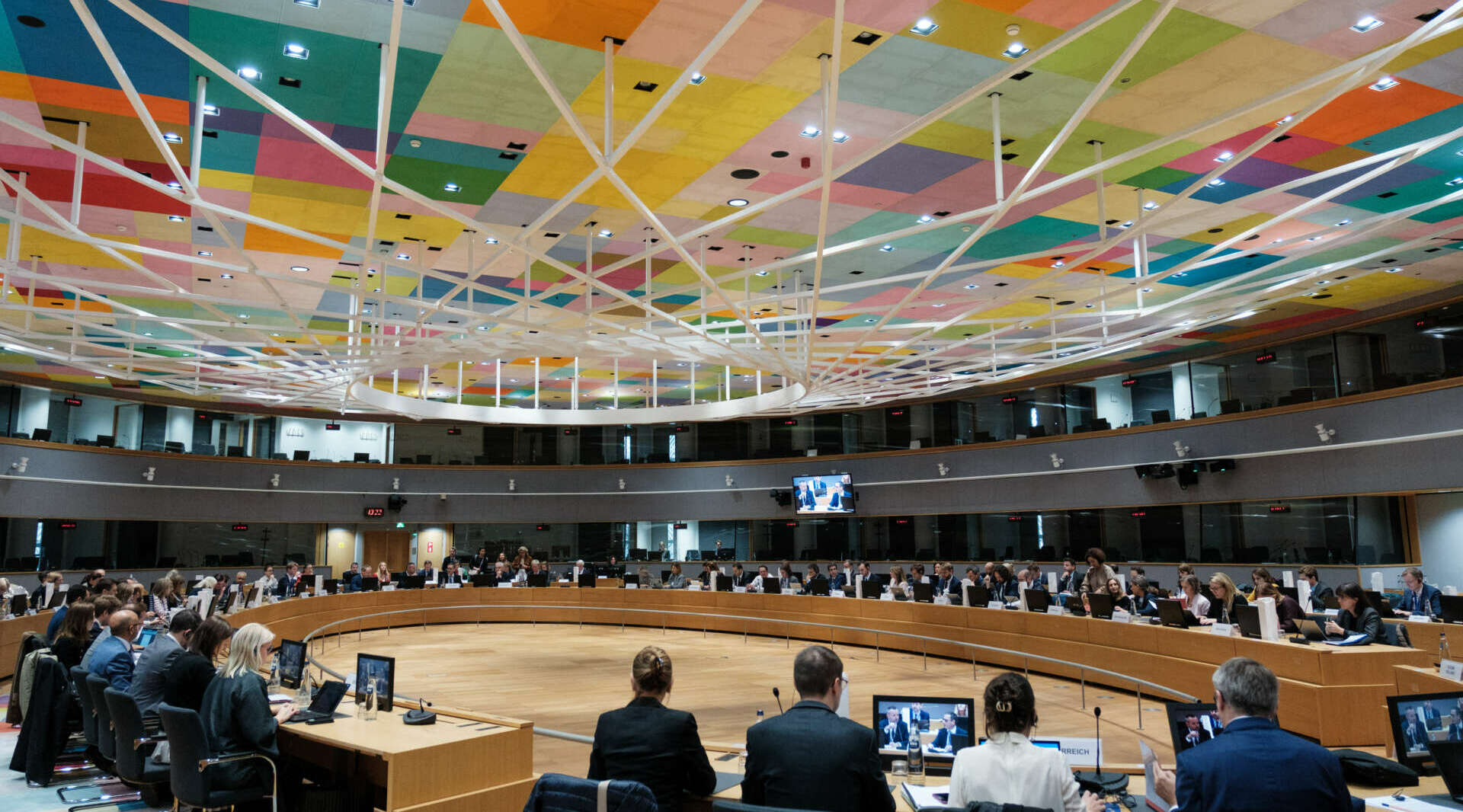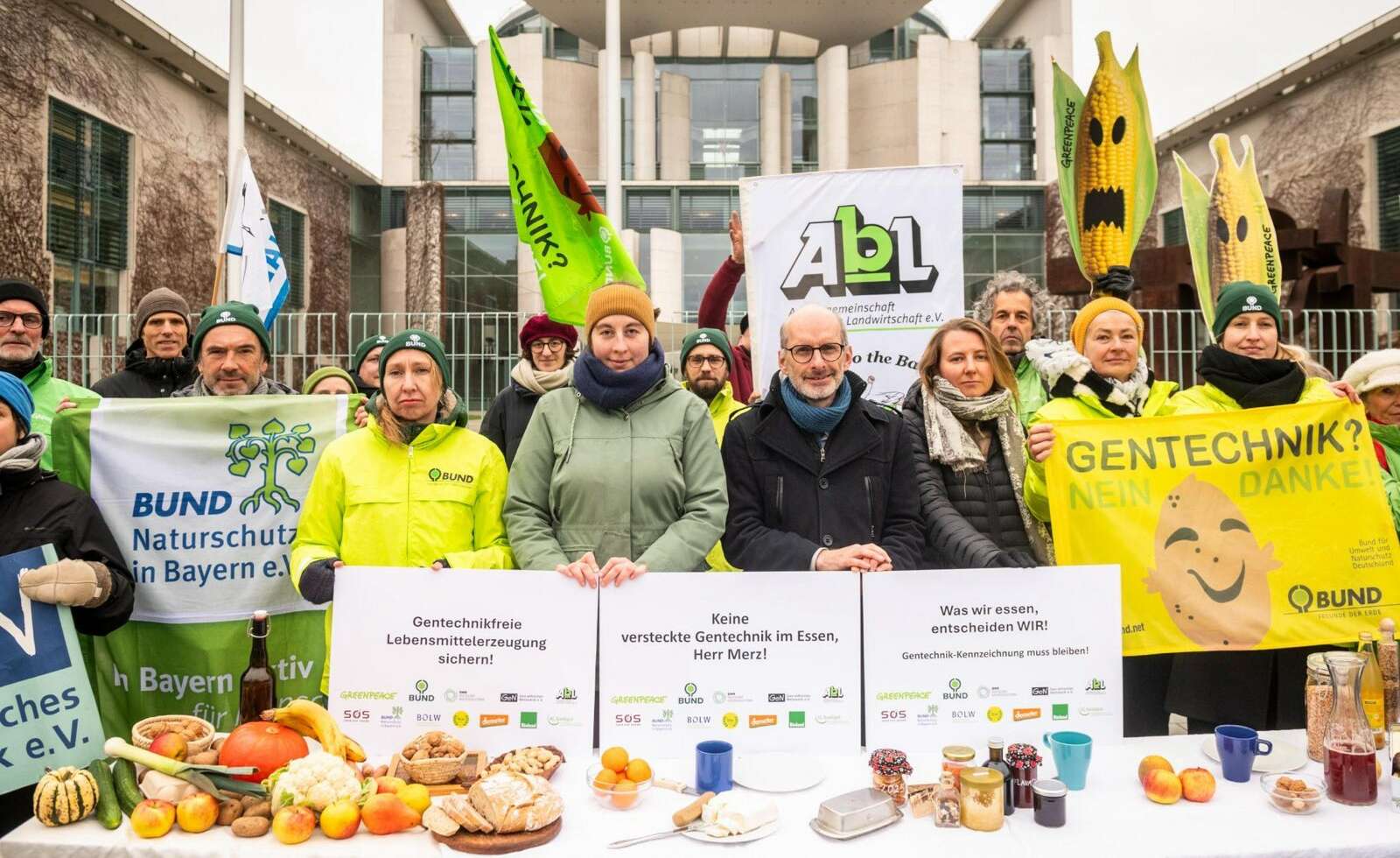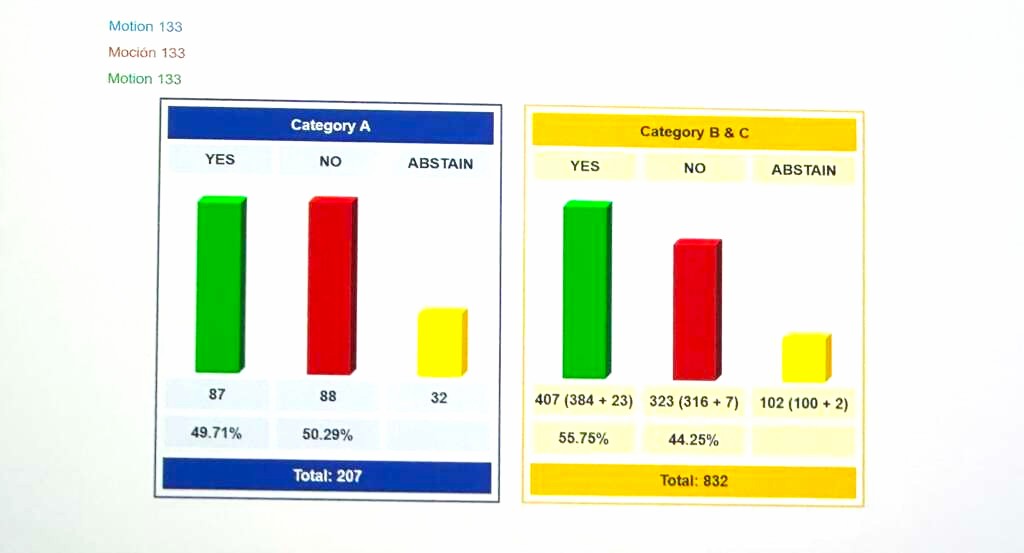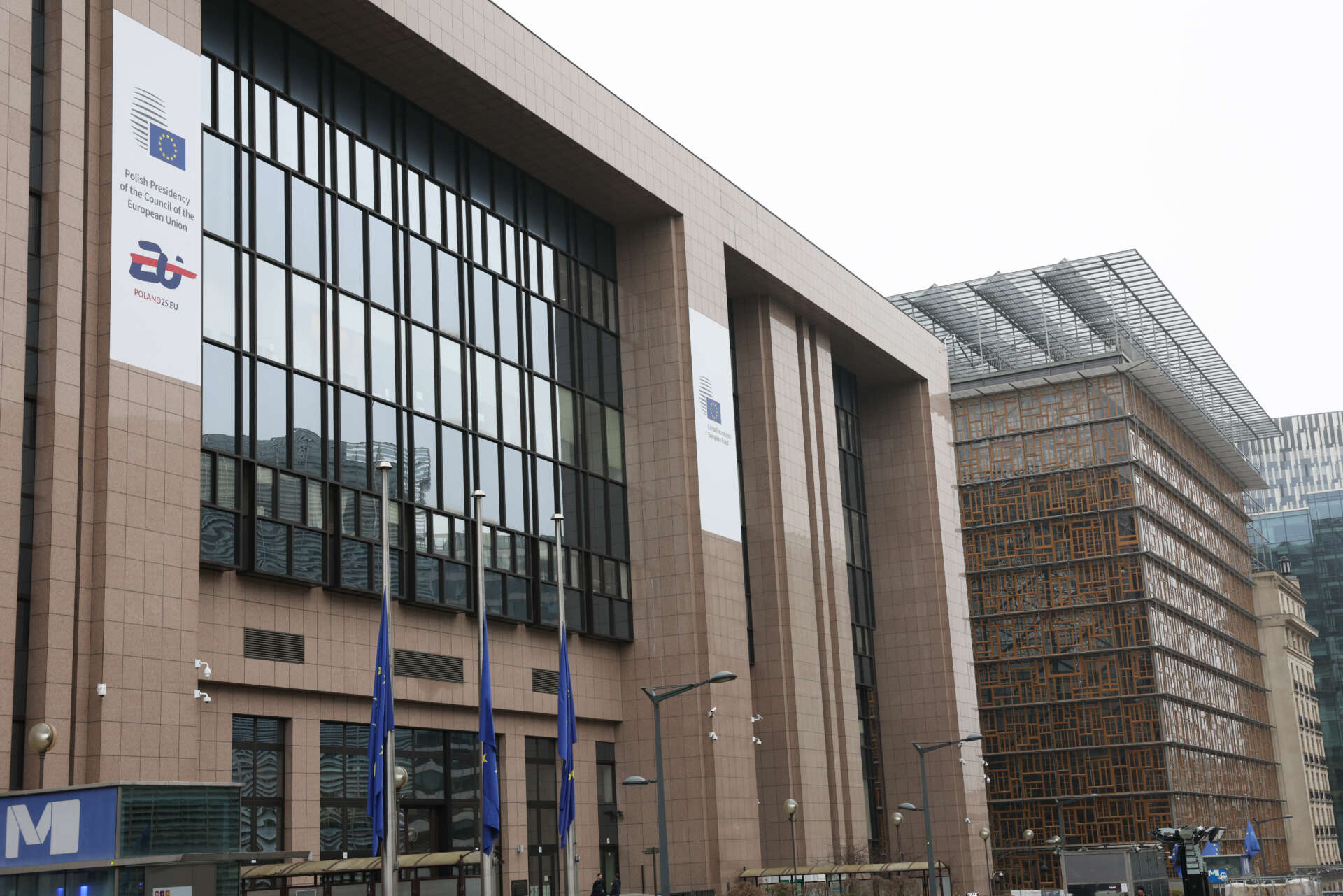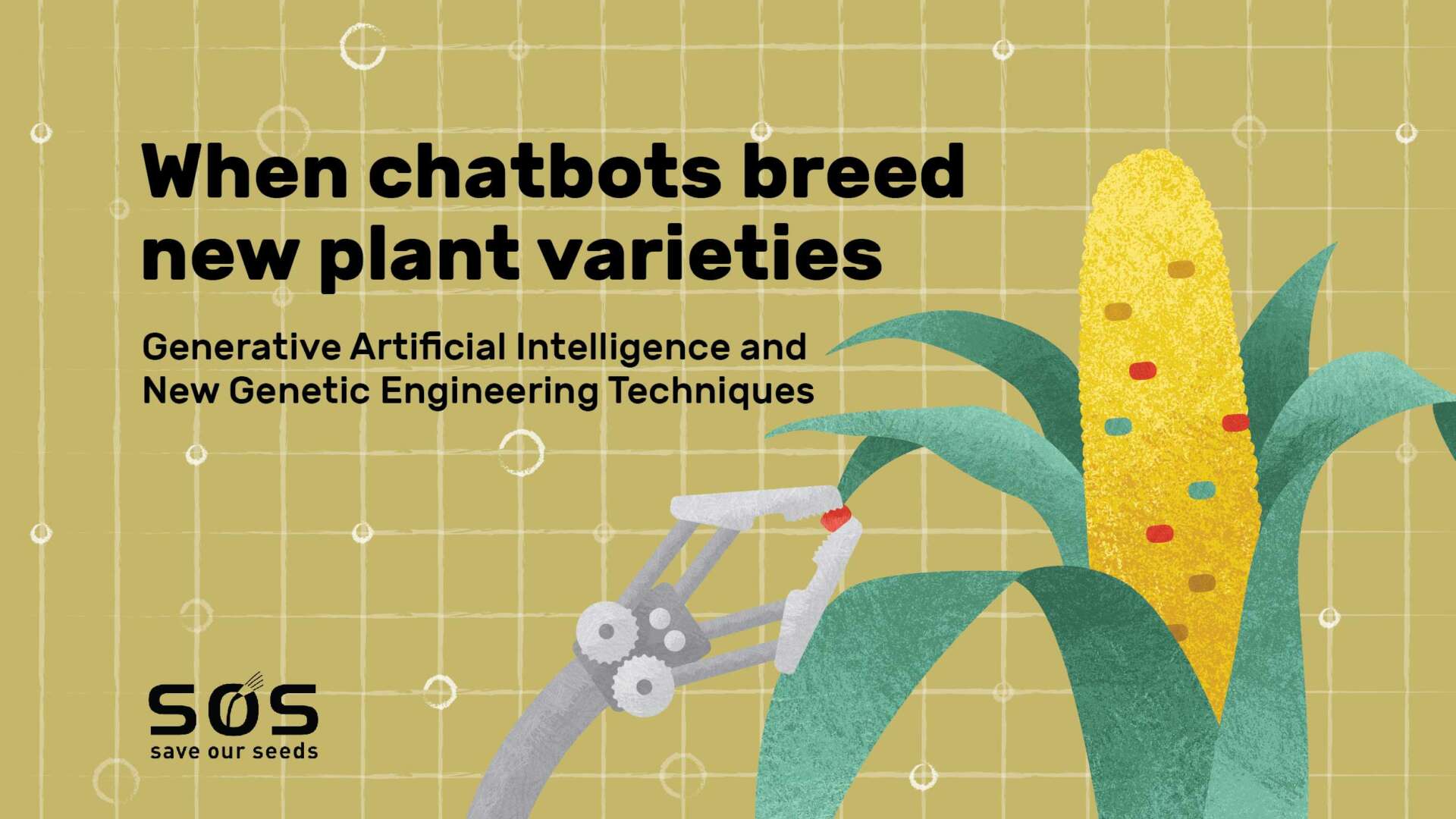Brussels, 19 December 2025 – A qualified majority of EU Member States today backed the deregulation of genetically modified (GM) plants produced using so-called new genomic techniques (NGTs). Austria, Belgium, Bulgaria, Croatia, Germany, Hungary, Romania, Slovakia, and Slovenia did not indicate support during this morning’s meeting of the Committee of Permanent Representatives (COREPER) in Brussels.
